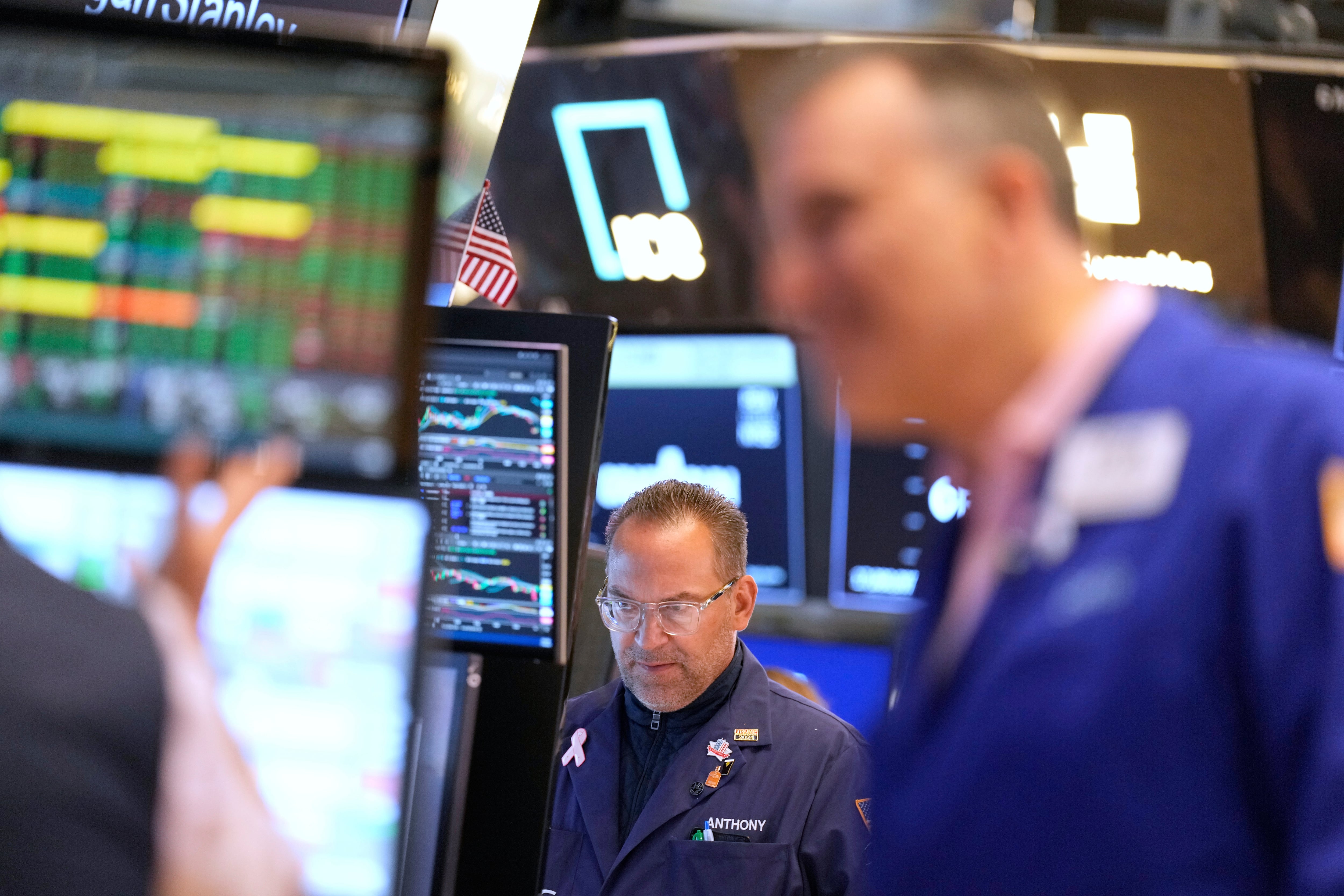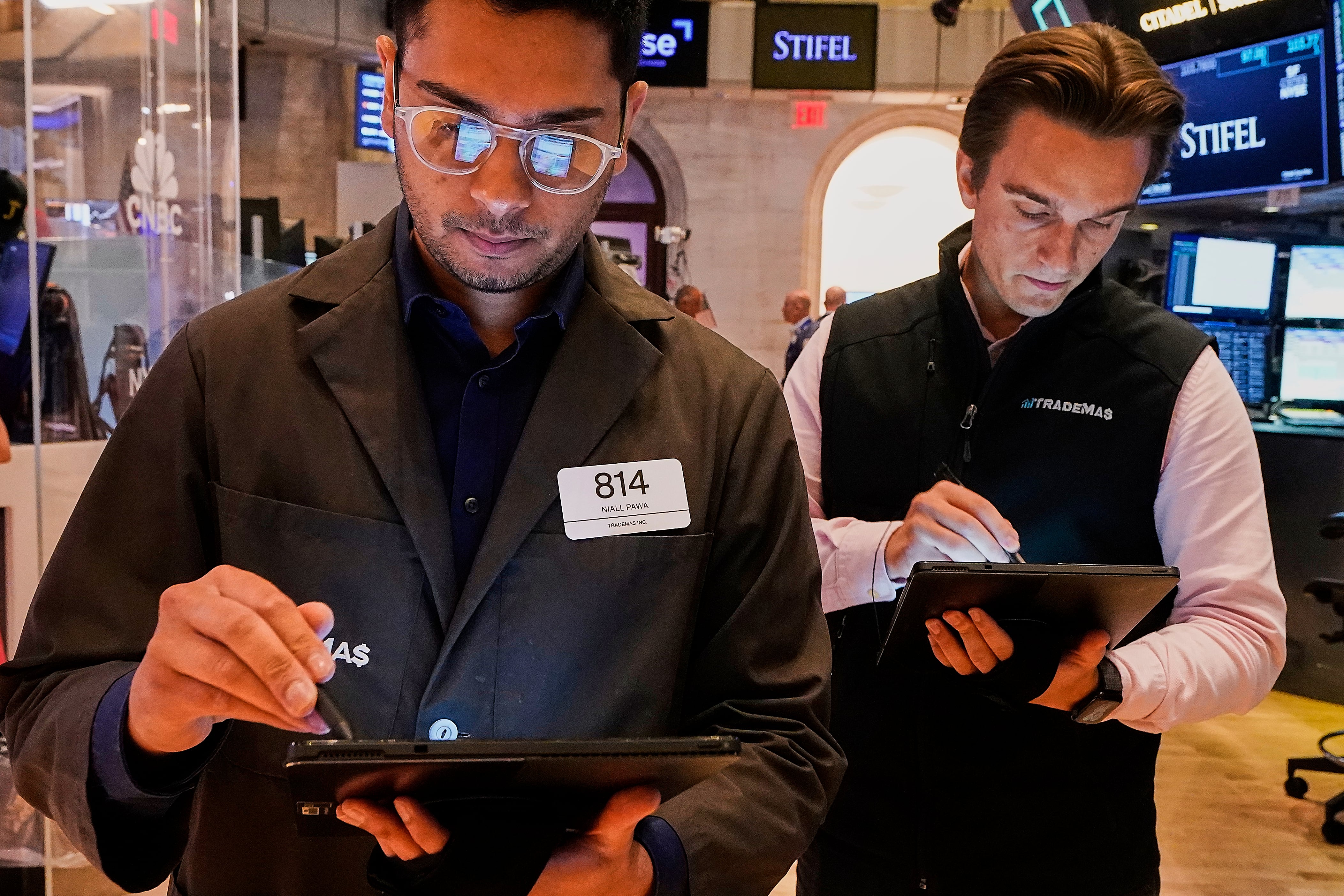WASHINGTON (AP) — Americans’ view of the U.S. economy improved this month, but Americans remain concerned about the impact of tariffs on their economic futures.
The Conference Board said Tuesday that its consumer confidence index rose two points to 97.2 in July, up from 95.2 the previous month.
The increase in confidence was in line with analysts’ forecasts.
In April, American consumers’ confidence in the economy sank to its lowest reading since May 2020, largely due to anxiety over the impact of President Donald Trump’s tariffs.
A measure of Americans’ short-term expectations for their income, business conditions and the job market rose 4.5 points to 74.4, however that’s still well below 80, the marker that can signal a recession ahead.
Consumers’ assessments of their current economic situation inched down by 1.5 points to 131.5.
Anyone firing up the grill this summer already knows hamburgers and steaks are expensive.
Wall Street is hanging near its records following some better-than-expected updates on the economy.
Stocks fell on Wall Street as the Trump administration stepped up pressure on trading partners to make deals before punishing tariffs imposed by the U.S. take effect.
U.S. stocks are climbing further into record heights after a report showed the U.S. job market looks stronger than Wall Street expected.
U.S. stock indexes are drifting higher ahead of a highly anticipated report about how the U.S. job market is holding up amid uncertainty about President Donald Trump’s tariffs.
Americans’ view of the economy worsened in June, wiping out much of the previous month’s gain which followed a string of declines.
U.S. stocks are rising, and oil prices are tumbling on growing hopes that Iran will not disrupt the global flow of crude following the United States’ entry into its war with Israel.
Amid this year’s market turmoil,I’ve heard investors wonder if they should hit pause on 401(k) contributions until things settle down. Though this approach sounds tempting, it’s better to stick with your investment strategy instead of waiting for conditions to improve.
US stocks are drifting just below their all-time high as the wait continues to hear what will come of trade talks underway between the United States and China.
Stocks rose on Wall Street following a better-than-expected report on the U.S. job market.












